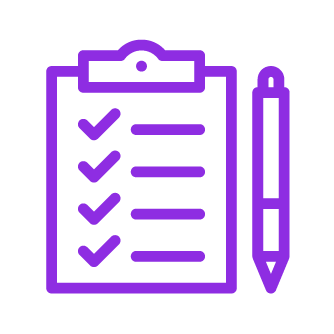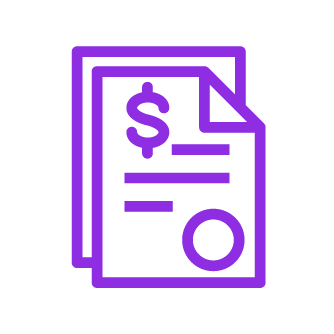There are many different types of cognitive ability testing methods, but all the cognitive ability assessments aim at better understanding specific mental abilities and predict a candidate’s future performance in an organization.
Numerical reasoning
The questions on numerical aptitude tests are used to measure numerical reasoning, to detect people’s math skill and how good they are with numbers. These questions include both math problems and questions that cover subjects such as ratios and percentages, but some go as far as to require data interpretation and financial analysis to find qualified candidates.
Examples of numerical reasoning are:
- Basic math such as addition, subtraction, multiplication, and division, as well as averages, fractions, and proportions;
- Finding the correct answers to mathematical problems given in written form;
- Identifying and investigating patterns in a given set of numbers.
Verbal reasoning
Verbal ability tests assess your comprehension and communication skills. After reading text passages, potential employees will answer multiple-choice questions that will test their level of comprehension and their ability to absorb a lot of information quickly. A verbal ability test gives employers insight into an individual’s performance, and can indicate if they are able to understand large volume of information, difficult concepts and can differentiate facts from fiction.
Examples of verbal reasoning are:
- Show your understanding of vocabulary, as well as your knowledge and ability to use words in communication;
- Look at two given words, determine their relationship and apply this knowledge to a third one.
Logical reasoning
Logical ability tests assess logical thinking, deductive reasoning and problem-solving skills. It measures an individual’s ability to interpret pieces of information, apply basic logical reasoning techniques, and reach a conclusion. The test contains multiple-choice questions and requires candidates to answer them based on clues and deduction rather than on prior knowledge.
Mechanical ability tests
In this type of cognitive ability assessment, mechanical skills are measured using a variety of tests that cover everything from energy and transformation, to levers, pulleys, and pressure. These tests are often used when hiring engineers or the military because they test your understanding of how the different parts function.
Spatial reasoning
Tests to assess your ability to manipulate images, shapes, and ideas, and determine their two- and three-dimensional forms. Many architecture and engineering firms use a spatial awareness test when screening potential job candidates to make the right selection.
Learning agility
In the job market, employers gauge learning agility in order to determine which candidates can adapt the fastest to new situations and changes. By being able to learn from experience and applying it to your work, a candidate can show potential employers their ability to perform in new environments and a new job role.
Learning agility assessments are often used when picking the best candidates for higher-level roles with more responsibility. The assessments can also be used as a predictor of job performance for junior roles that require a boost in skills.
Critical thinking
This critical thinking test evaluates candidates’ skills at using logic to identify problems, think critically and find solutions and test their problem-solving skills using their analytical skills.
HRID’s Cognitive ability tests include a wide variety of question types and may have time constraints, challenging individuals to provide correct answers within set time limits. These tests are used in various settings, such as the hiring process, student selection for gifted programs, and secondary schools to measure cognitive abilities and predict success.
Cognitive Ability Testing and Job Performance
Cognitive ability assessments have been shown to have positive correlations with job performance across a wide range of positions, from junior roles to senior leadership positions. This makes cognitive ability testing a valuable tool for predicting job success, regardless of the position in question.
Integrating Cognitive Ability Tests with Interviews
Cognitive tests can be used in conjunction with traditional interviews to provide a more comprehensive evaluation of a candidate’s skills and potential for success. By combining test scores with interview insights, companies can make smarter hiring decisions that align with company values and drive organizational growth.




